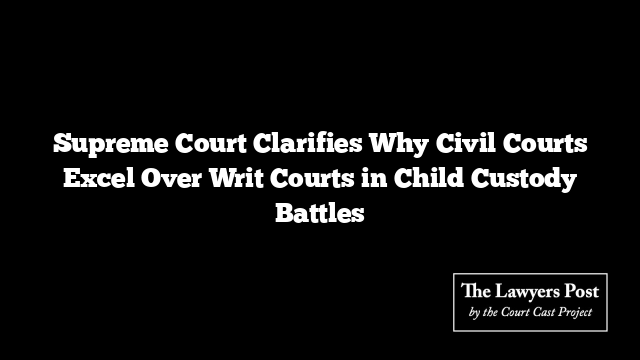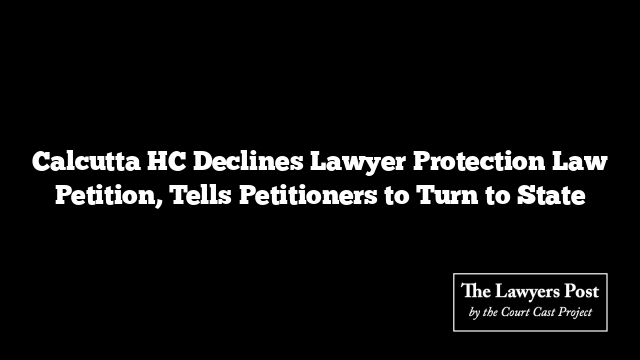In a pivotal decision, the Supreme Court critiqued a High Court ruling that had altered the custody of a toddler during a writ proceeding. The apex court outlined why Regular Civil Courts or Family Courts are more adept at handling child custody disputes than Writ Courts.
The Court emphasized that custody matters are best resolved through substantive proceedings under the Guardianship and Wards Act (GW Act). Regular courts are equipped with the necessary tools to manage these sensitive cases, providing a more tailored approach than writ proceedings.
The bench, comprising Justices Abhay S Oka and Augustine George Masih, pointed out that Family Courts have specific advantages in custody cases. These courts have child-friendly environments, like play areas, where the judicial officer can interact with the child. Additionally, they are better positioned to monitor visitation and assess the psychological well-being of the child through expert evaluations. Such courts can also record evidence, which is critical in custody decisions, unlike writ proceedings where such thorough assessments are often lacking.
Moreover, the Court highlighted key principles concerning habeas corpus writs in child custody cases:
- Habeas Corpus is a Discretionary Remedy: While it can be sought in custody cases, its application depends on the facts of each case.
- Custody Decisions Should Prioritize Child’s Welfare: Even if custody is deemed illegal, the Court can refuse to intervene if disrupting the current arrangement would not serve the child’s best interests.
- Children Are Not Property: Custody cannot be shifted mechanically, as the child’s well-being must be the central concern.
Ultimately, the Supreme Court underscored that the welfare of the child trumps all, including the rights of the parents, reaffirming that Regular Civil Courts or Family Courts are best suited to handle these delicate matters. The decision serves as a reminder that custody decisions require careful, humane consideration rather than a rigid application of legal principles.





